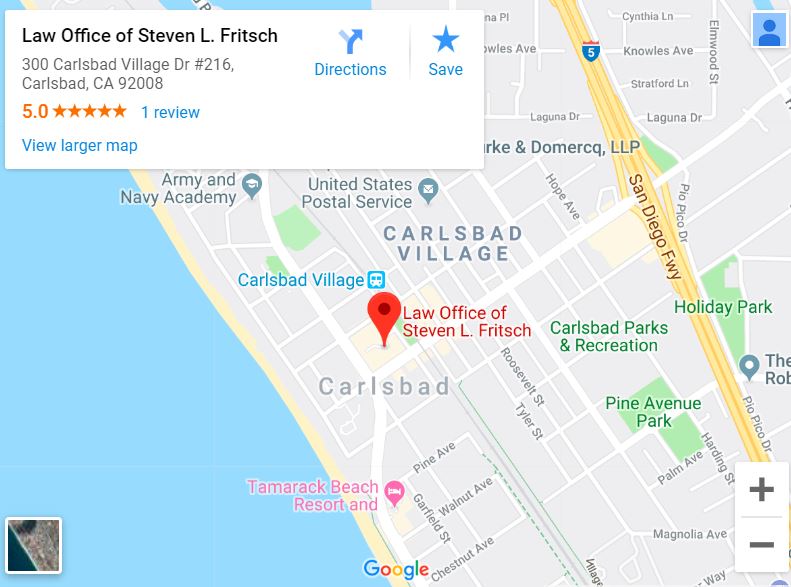
What is Community Property?
California Family Code section 760 and 771 defines community property as, “all property, real or personal, wherever situated, acquired by a married person during the marriage while domiciled in this state is community property.” Property in this particular circumstance is not limited to a house or land. Community property more simply defined is any asset acquired during a marriage. These assets and debts that were acquired during a marriage are then divided equally after a divorce. Although California community property is a broad definition to be sure, it does offer an easy-to-follow guideline for all legal personnel. Of course, there are always those cases where individuals simply cannot come to an agreement when in regards to how their assets are to be divided. When a divorced couple works out the details on their own, it makes the whole process much easier. However, when they can’t agree, the matter is often taken to court. The method of division of their property is then taken out of the couple’s hands. A judge will rule on the matter and make the decision on which asset goes to which party.
Examples of community property assets:
- Investments or stock accounts
- Appliances, furnishings or furniture
- Land
- Home
- Commercial real estate
- Rental property
- Bank accounts
- Retirement accounts, such as 401K plans and pensions
- Partnership interests and/or businesses
- Vehicles
- Cash
- Life insurance policies
- Trademarks, copyrights and patents
Are There Any Exceptions?
There are assets that do not fall under the definition of community property. These assets are referred to as “separate property.” In general, a separate property is any asset that belongs in its entirety to one spouse. There are also exceptions in cases where a prenuptial agreement has been signed. In addition, because the definition of community property is so broad, sometimes an asset that is acquired during a marriage can be considered a separate property due to the fact that only one spouse’s name is on the title. Below are a few examples of assets that are often defined as separate property and are therefore not divided after a divorce:
- Any property owned by an individual before marriage.
- Property that was given as a gift or as an inheritance to one spouse. It also includes any profits from these properties, such as rent if the property is being rented out.
- Any earnings garnered during a time when the spouses were not living together.
How Are Assets Divided?
It’s one thing to understand the legal aspect of dividing assets; it’s another to actually accomplish the task. In general, assets are divided by the court or the two spouses by assigning a monetary value to each item that is considered community property. Having an appraisal done of the asset is often the easiest way for the correct value to be determined. Some assets are more difficult to divide, such as retirement assets or a business and require an attorney’s expertise.
Does Your Spouse Get Half Your Assets in a Divorce?
To answer the question at hand of does your spouse get half your assets in a divorce isn’t cut and dried. The answer is yes and no, or maybe. Was that clear enough? As you can see from the information listed above, whether or not your spouse will be legally entitled to half your assets is greatly determined by various factors that are not the same for everyone. If you are wondering what your division of assets will look like in your specific case, you should contact an attorney who is experienced in divorce law to help you determine what assets you have that are community property. Thankfully, the guidelines in California make the process somewhat easier. They are still broad enough though to require the help of a legal professional in many cases, such as those where a community property is not easily divided or when there is a question regarding whether or not an asset is in fact community property. We look forward to helping you navigate the sometimes perilous waters of divorce by using our expertise to make the process easier. Contact our offices today for a free legal consultation of your rights.
